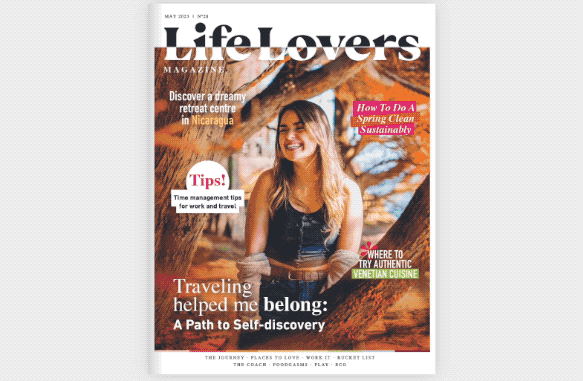Working from home
- Val Rudolphy

- Feb 2, 2021
- 3 min read
Updated: Feb 5, 2021
How to freelance on pandemic and survive

Here in Chile, getting a good full-time job is hard. That pretty much sums up why I became a freelance writer. For some years now I’ve been mixing office jobs and freelance work. So I am used to get things done no matter where I am. But of course, I didn’t expect a worldwide pandemic.
2020 was a big challenge in every aspect, and we all got to turn a little freelance. Since there was no other choice, we had to work from home and most of us are still trying to figure out the best method to get our brains to work like this.
How do we deal with this change of scenario? I already know how to manage a freelance job, so I put together some things I believe crucial to swim through the perks of home office. When you wanna get sh*t done

One of the things that affected me the most - and still - during pandemic, is that you can no longer go to a coffee or library to get your work done. The option was only from home, and will surely stay that way for a while. So, what is effective to do? Where should I start? First of all, let’s talk about productivity, that seems to be the word of our generation. We are used to work a lot, superfast, multitasking, and acting like it’s ok. Burnout culture is on, so after a year of having your office at home, well, you sure know that spaces have to be separated.
That is the first step: when you wake up and immediately go to your desk (that might be in your room), it’ll eventually make the love for your room go away.
Our mind likes routines and associates different tasks to the places and scenarios we’re in. So you have to work in another place that isn’t your bed.
I also have my bad days, when I don’t wanna leave bed, but I challenge myself every day to get up and at least get away from the place I sleep and rest in. And if maybe you don’t have enough space at home, like to have a separated office or desk, focus on the ideal behind it, to pick a place, a spot that is exclusively for work.

Also, there are some tasks that are important and others, urgent. For it, Googling the Eisenhower Matrix comes in handy, as it can guide us on how to organize tasks by priority. For example: most meetings are not important, but they are urgent. Another thing is time management.The ideal would be to work with breaks, especially if you are very tired.
When setting goals, on the other hand, is key to plan them per day, and please don't choose 10 goals at once. Try deciding the 3 most important ones, and know that your moment of greatest clarity and energy will be put into that. Another key is to divide large tasks into small tasks. Sometimes we think of it as a recipe: having those smaller tasks (ingredients) will allow us to have a navigation chart to make the recipe.

What is the biggest challenge of quarantined telecommuting?
For people who were already freelancers, I think the hardest thing has been having to stay in the same place all the time, which impacts creativity.
One of the —not many— benefits of freelance is that you can work from anywhere. And now that I cant, I really miss working in cafes, or being able to go somewhere else. For first-time telecommuters, I think there is a lot of difficulty separating work from personal time. Perhaps you get up and do not divide spaces and times, you work in your pajamas, and that generates certain conflicts.
The brain gets confused if we dont draw a line in the routines. You have to respect the same hours at home, that what we would in the office, including lunch.
There are different methods that can guide you when it comes to work. For example: every 25 minutes of work, there are 5 of rest.
The breaks are extremely valuable too, since a tired brain is not very productive. Rest allows less procrastination, but we are usually afraid of them, somehow, thinking it is not productive to take them.
This becomes key when we consider that our culture leads to exhaustion from work, which it has even been mentioned by the WHO as a disease called chronic stress.
Being tired is not an achievement. Rest is a gift to ourselves. If we dont, no wonder why we can’t get the work done after all.







